In recent discussions within the GMRS community, a hot topic has emerged: linking GMRS repeaters over the Internet. The idea has sparked both interest and concern among enthusiasts. To shed some light on this issue, let's explore the implications and the regulatory stance on GMRS repeater linking.
The Current Scenario
Many GMRS users have shown interest in linking repeaters via the Internet. This is particularly appealing given the limited set of repeater pairs available. Linking repeaters can potentially extend communication range significantly, but it also brings the risk of interference, especially considering the lack of formal coordination for setting up GMRS repeaters.
A few months ago, a significant discussion on this topic took place during a banquet in the Northeast, attended by key figures in FCC enforcement. The topic of linked repeaters was addressed, highlighting its rising popularity and the regulatory challenges it poses.
The FCC's Position
The FCC's stance on GMRS repeater linking is quite clear, yet often misunderstood. According to the rules, GMRS stations cannot be directly interconnected with telephone networks or any other network for the purpose of carrying GMRS communications. This prohibition includes Internet-based linking.
The rule states: "Messages which are both conveyed by a wire link control link and transmitted by a GMRS station are prohibited." This means that any attempt to link GMRS repeaters over the Internet is not allowed, as it falls under the category of prohibited communications.
Community Reactions and Misconceptions
There has been some confusion within the community regarding these regulations. Some operators believed that as long as they were not using traditional telephone lines (POTS), they were compliant. However, the rules explicitly extend to any type of network, including the Internet.
Recent clarifications by the FCC have emphasized that the Internet is considered a network similar to traditional telephone systems. This has led to debates and varying interpretations among GMRS users.
The Historical Context
Looking at historical data, it becomes evident that the verbiage on the FCC's website regarding GMRS linking was updated between 2017 and 2021. Previously, the focus was on traditional telephone networks, but the updated language now includes the Internet, reflecting the evolution of technology.
The Practical Implications
The practical implications of these regulations are significant. GMRS is intended to be an appliance operator system, where users operate type-accepted radios without delving into complex technical modifications. This contrasts with amateur radio, which encourages technical experimentation and innovation.
The FCC aims to maintain this distinction to ensure that GMRS remains accessible and straightforward for the average user. By prohibiting Internet-based linking, the FCC seeks to prevent the blurring of lines between GMRS and amateur radio.
Conclusion
The issue of GMRS repeater linking over the Internet highlights the ongoing challenges in balancing technological advancements with regulatory frameworks. While linking repeaters can enhance communication capabilities, it must be done within the bounds of established rules.
For those interested in the detailed discussions and regulatory perspectives, a comprehensive talk by key figures in FCC enforcement is available online. This two-hour discussion covers various aspects of radio communications, including GMRS, CB, FRS, amateur radio, and pirate radio stations.
Engaging with these resources can provide valuable insights and help the community navigate the complexities of GMRS regulations. As always, staying informed and compliant is crucial for the continued enjoyment and effective use of GMRS communication.

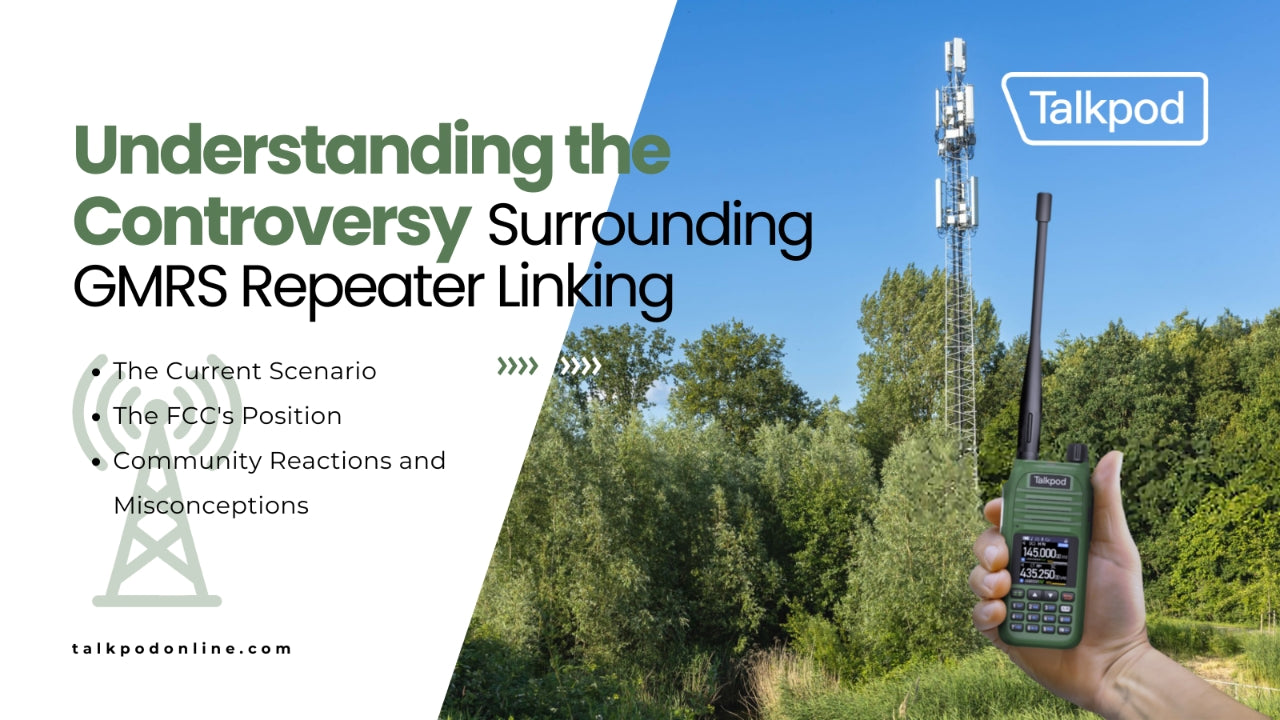
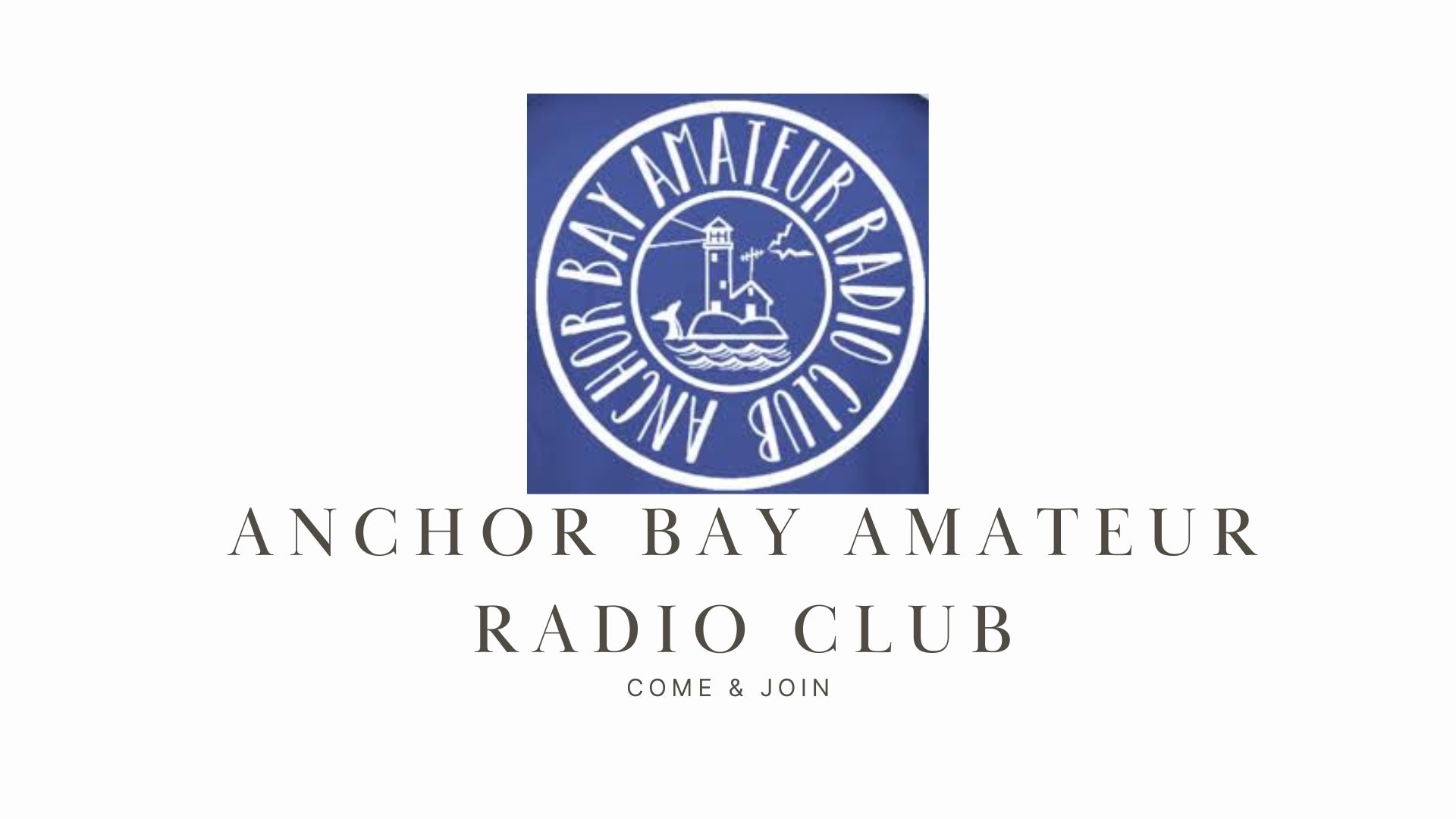

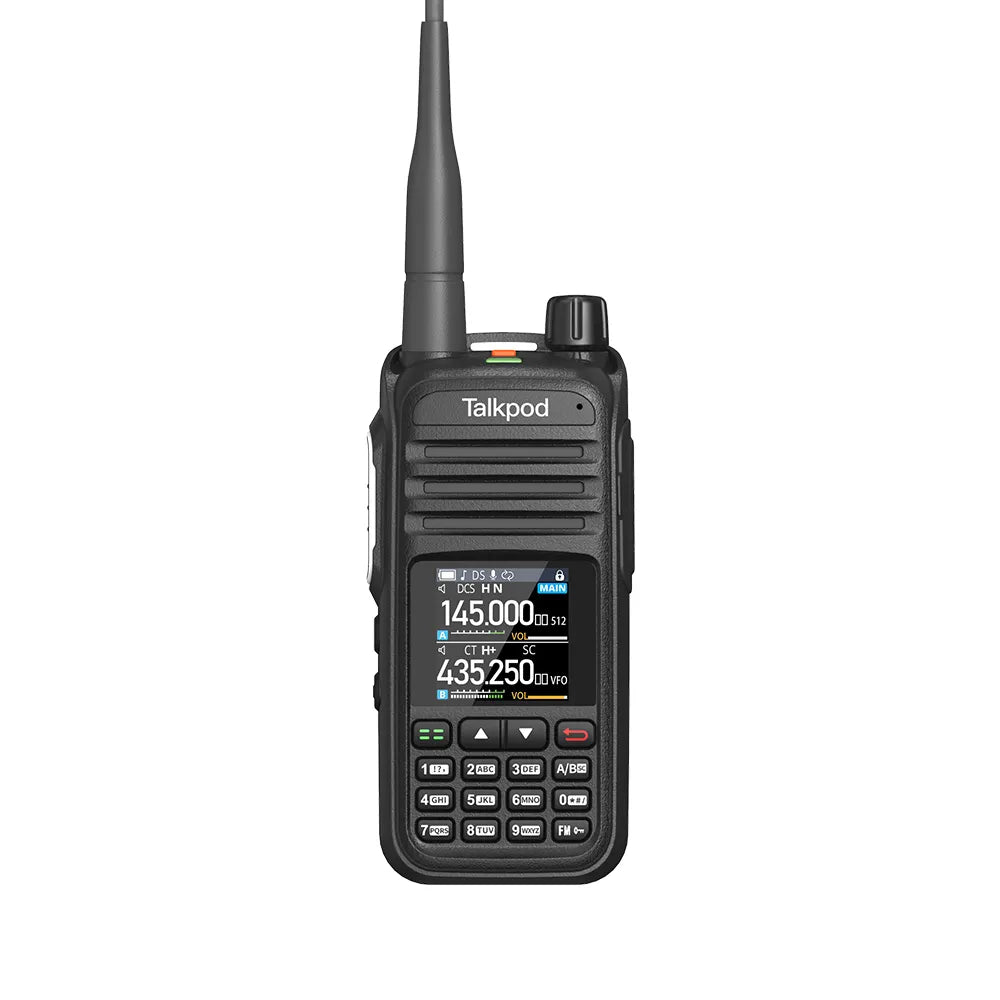
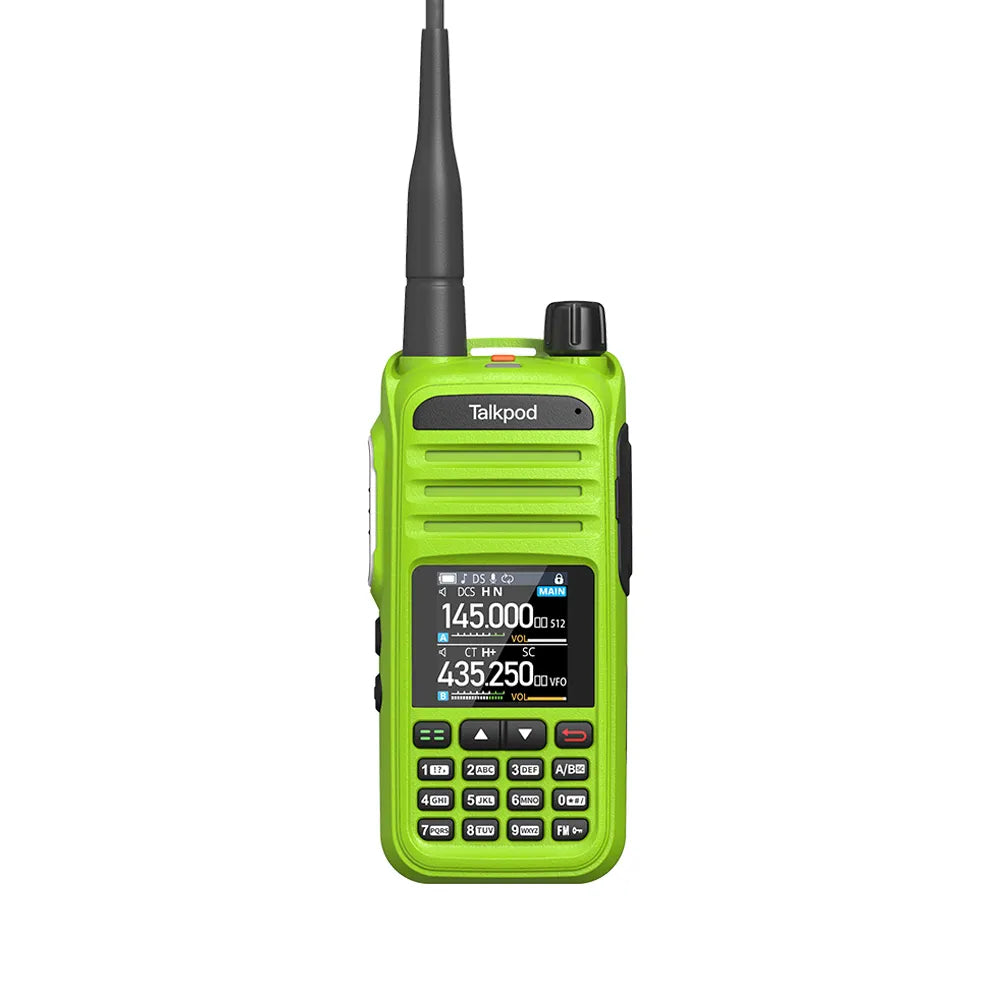




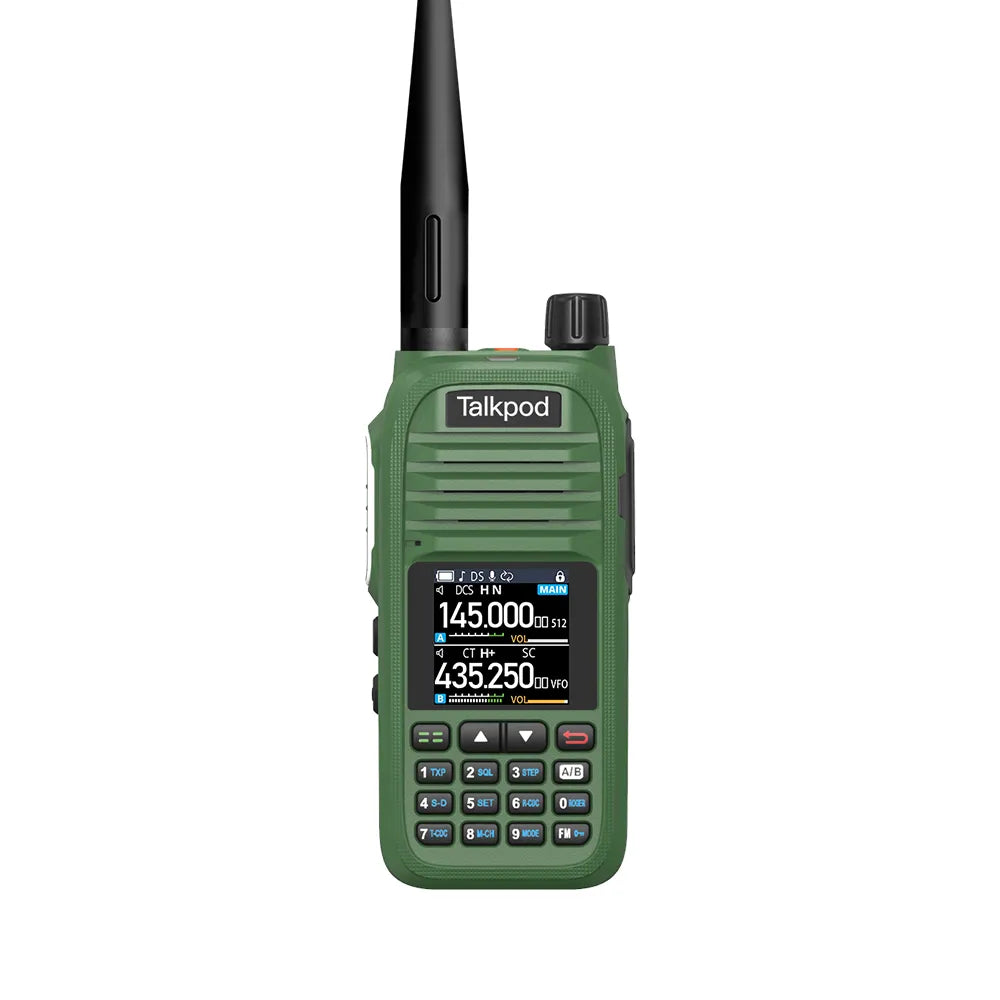
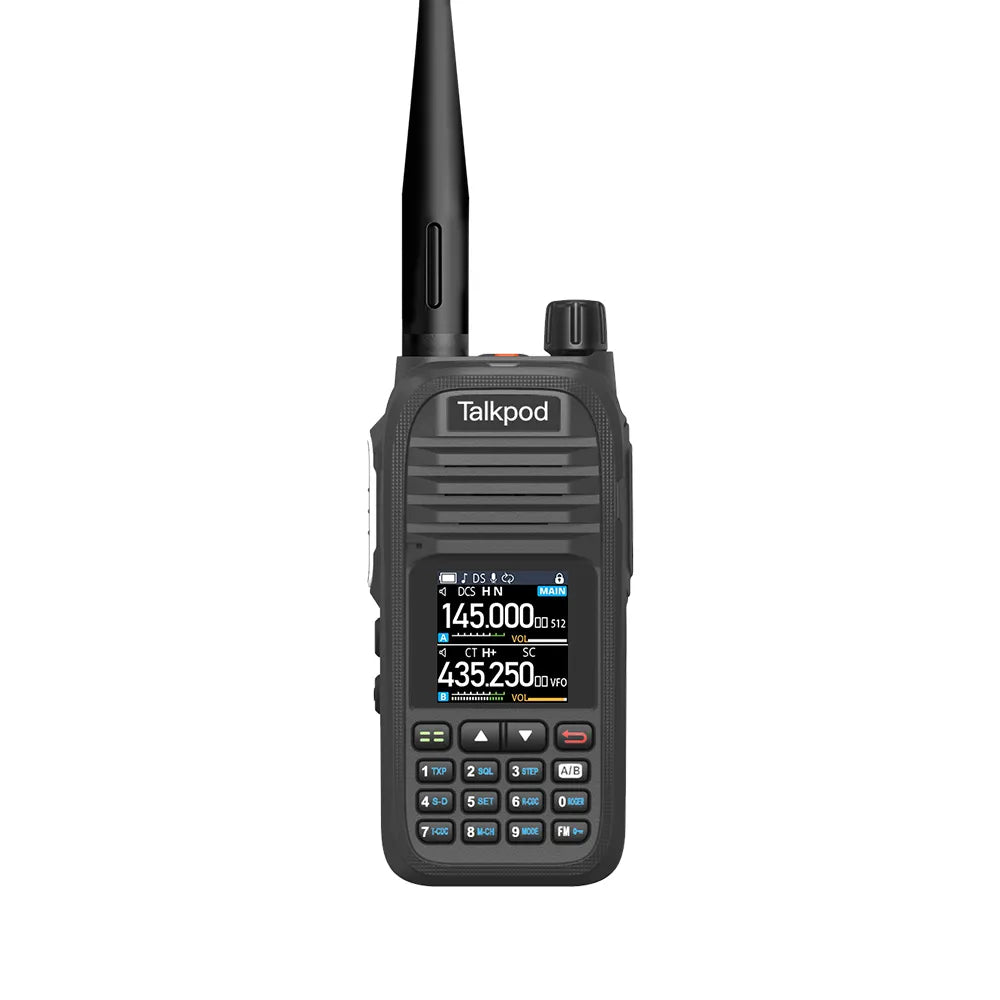
1 comment
john smiley
If the users are so dead set on long range communications, do what I and many thousands have done and put forth a little effort and get an Amateur Radio license. GMRS is for local family oriented communication….period.
Leave a comment
All comments are moderated before being published.
This site is protected by hCaptcha and the hCaptcha Privacy Policy and Terms of Service apply.